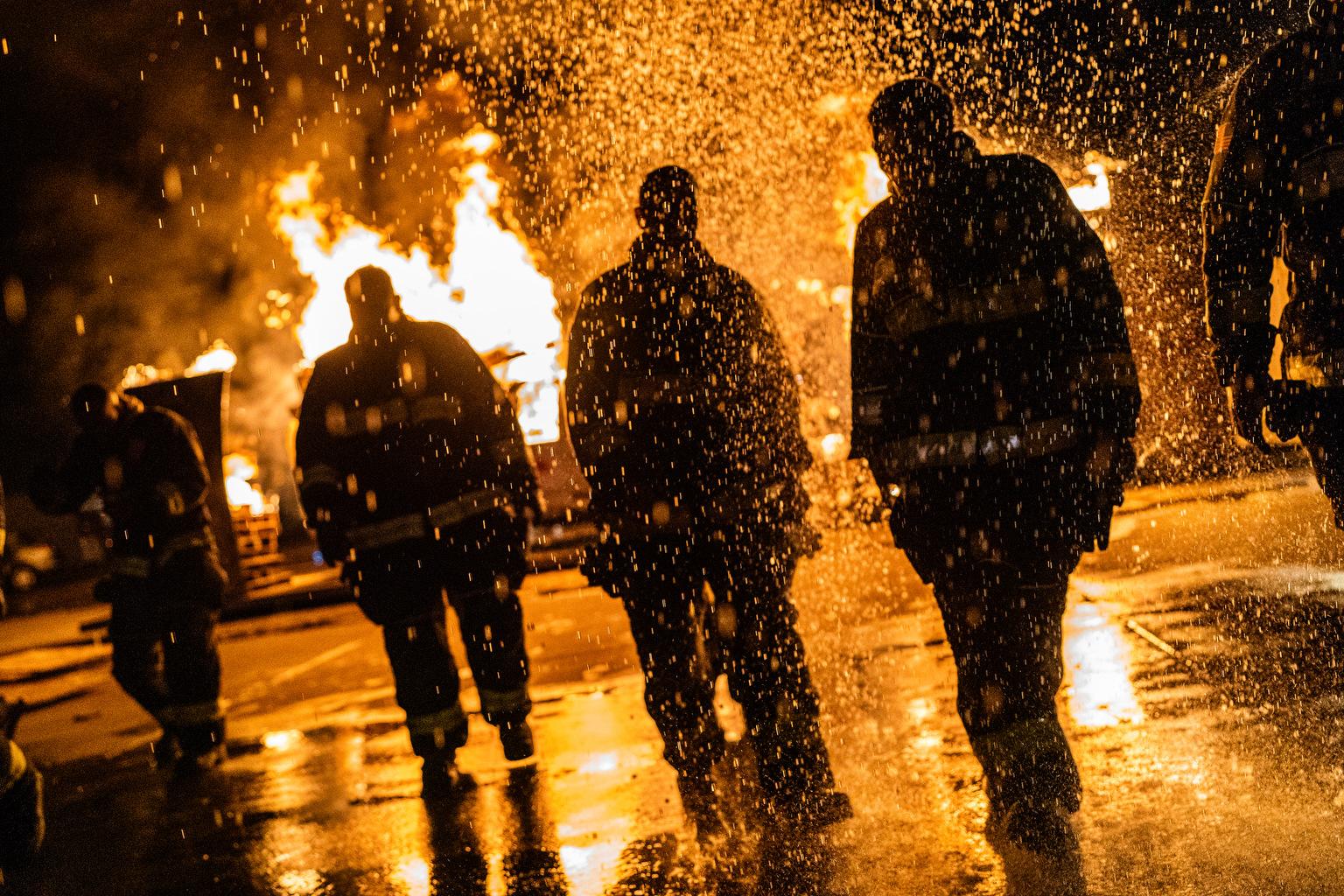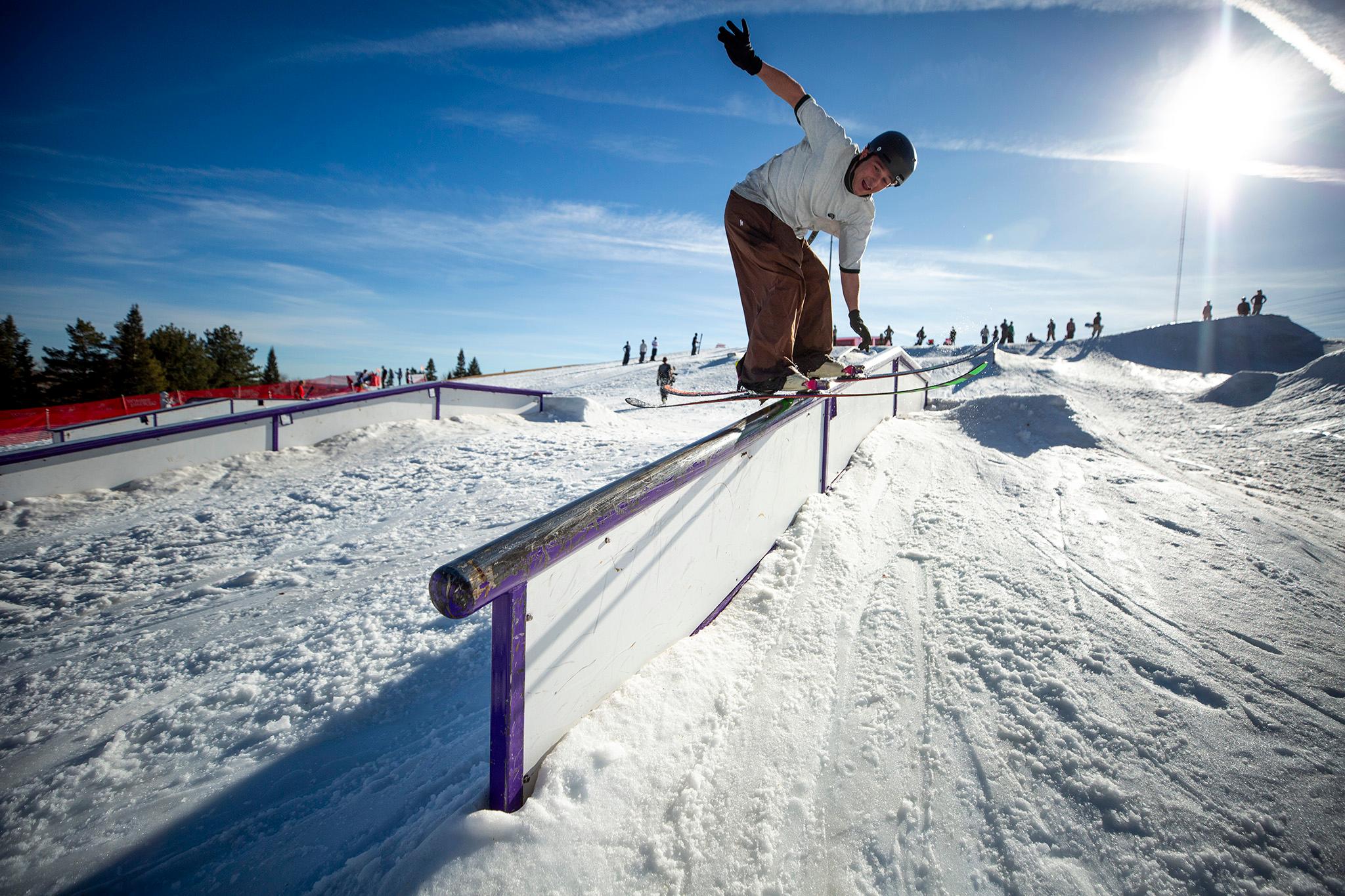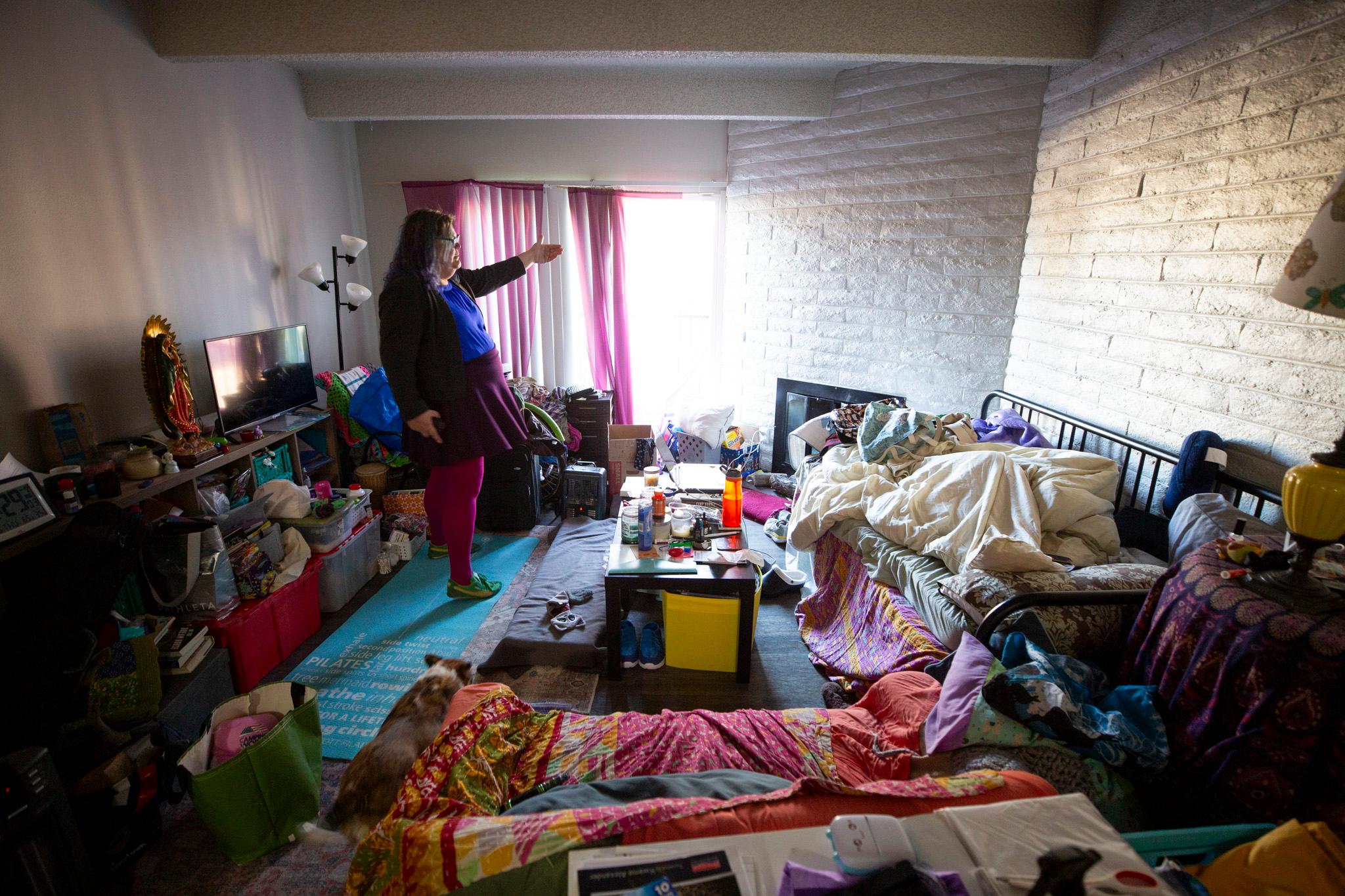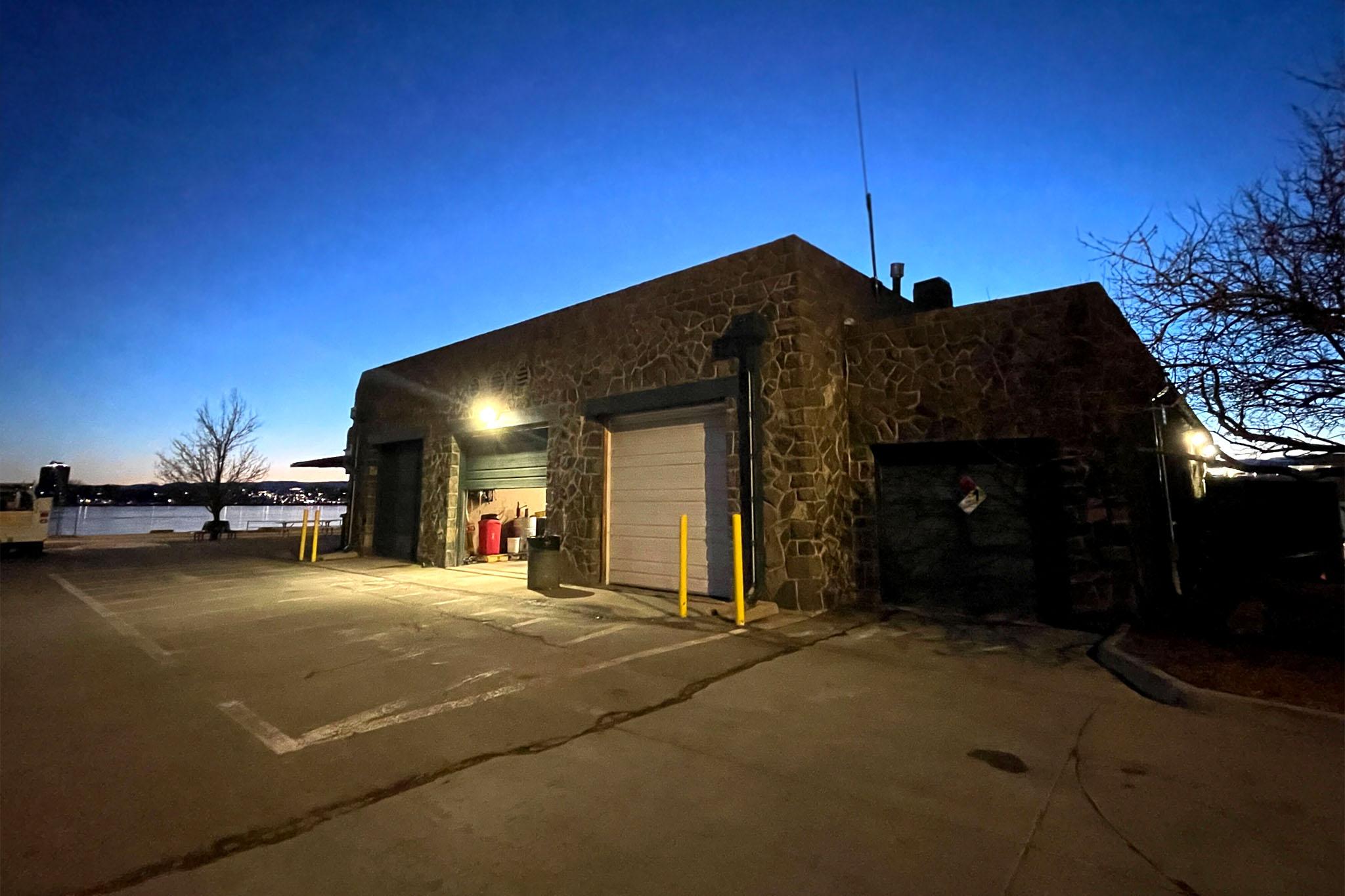More than 1,000 incarcerated people are among the ranks of firefighters battling the California wildfires, receiving dollars a day for their grueling work to protect one of the wealthiest counties in the country.
Colorado has similarly relied on people in prisons who sign up for the State Wildland Inmate Fire team to fight its biggest fires. While the pay is low, the SWIFT unit is meant to offer purpose and structure.
But when they leave prison, these incarcerated firefighters often face extreme difficulty in finding a job with their new skills.
In the city of Denver, a handbook for fire recruits comes with a stark warning: “ALL FELONY CONVICTIONS – LIFETIME DISQUALIFICATION.” The city also bans people with certain misdemeanors from firefighter jobs, and other major cities like Aurora have similar prohibitions.
Garry Briese, the executive director of the Colorado State Fire Chiefs, said Colorado is collectively ignoring potential new firefighters — even as it struggles to hire firefighters.
“Our numbers are down, the quality of our recruits are down,” Briese said. “So we've got a recruiting problem and we have a pool of people that are interested, have trained, have experience, have understood the rigors of what's required, all those kinds of things. And yet we close the door.”
A major criminal justice nonprofit, Colorado Criminal Justice Reform Coalition, told Denverite that cities should drop their “blanket ban” policies for people with criminal records.
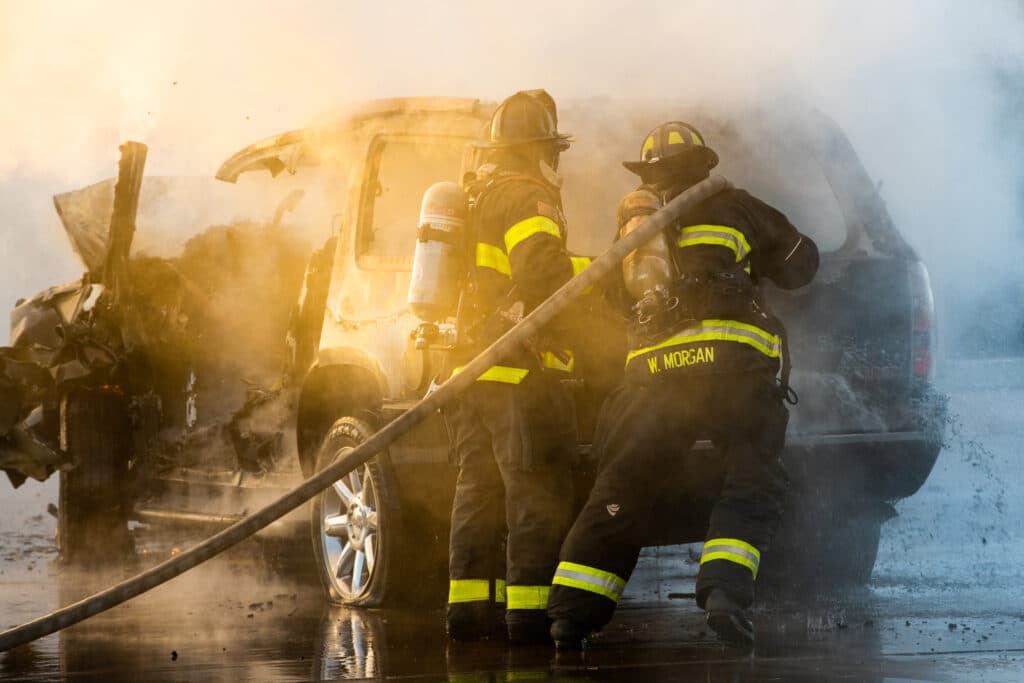
State lawmakers tried to lower barriers in 2021, passing laws that expanded funding for the inmate fire team while also encouraging the state fire service to hire former inmate firefighters. But only one former member of SWIFT has found a state firefighting job since then.
SWIFT firefighters are required to complete several training courses, similar to other wildland fire crews. Some SWIFT members who come back for multiple fire seasons can take higher-level courses and become certified squad leaders.
While wildland firefighters are not trained in all the same skills as urban firefighters, fire departments generally offer intensive training academies for new recruits.
Briese advocated for the 2021 law that was meant to lower employment barriers for SWIFT graduates. He said joining a fire department after incarceration could help them reintegrate with society.
Some firefighters “owe their lives to … the teamwork and the camaraderie and that turns their lives around,” he said. “So I think we're probably more predisposed to helping people that have been in trouble.”
Why won’t Denver hire felons for firefighting?
Under current rules, a felony conviction and certain misdemeanors will disqualify any applicant hoping to become a Denver firefighter. The lifetime disqualifying misdemeanors range from perjury and skipping jury duty to crimes like sex offenses and animal cruelty. Candidates can also be disqualified for having two misdemeanors of any kind in the last five years.
“There are no current conversations on changing the rules surrounding felony convictions,” wrote Gracie Perez, executive director of the Civil Service Commission, which oversees public safety hiring in the city.
The Colorado Criminal Justice Reform Coalition, an advocacy nonprofit, called on the city to change its hiring policies.

“Instead of a blanket ban on hiring people with felony convictions, we think Denver should adopt the [U.S. Equal Employment Opportunity Commission’s] recommendation for a ‘case-by-case’ approach, disqualifying applicants only if it is clear they shouldn't be trusted to perform the responsibilities of the position, based on the nature of the job, the nature and severity of the offense, and the time that has passed since the offense occurred,” wrote CCJRC spokesperson Jennifer Dillon.
Any rule change for Denver would have to be approved by the Civil Service Commission, which is composed of five civilian members appointed by the Mayor and Denver City Council.
Aurora also disqualifies applicants if they have been convicted of a felony. The nearby South Metro Fire Rescue disqualifies applicants with a history of serious crimes, but will evaluate applicants on a case-by-case basis with less serious convictions.
Another hurdle for formerly incarcerated people is getting certified as an Emergency Medical Technician — a requirement for most city firefighting gigs, since urban firefighters have increasingly become medical responders, too.
“Generally there's very few paid firefighter-only positions. They are usually firefighter-EMT positions,” Briese said.
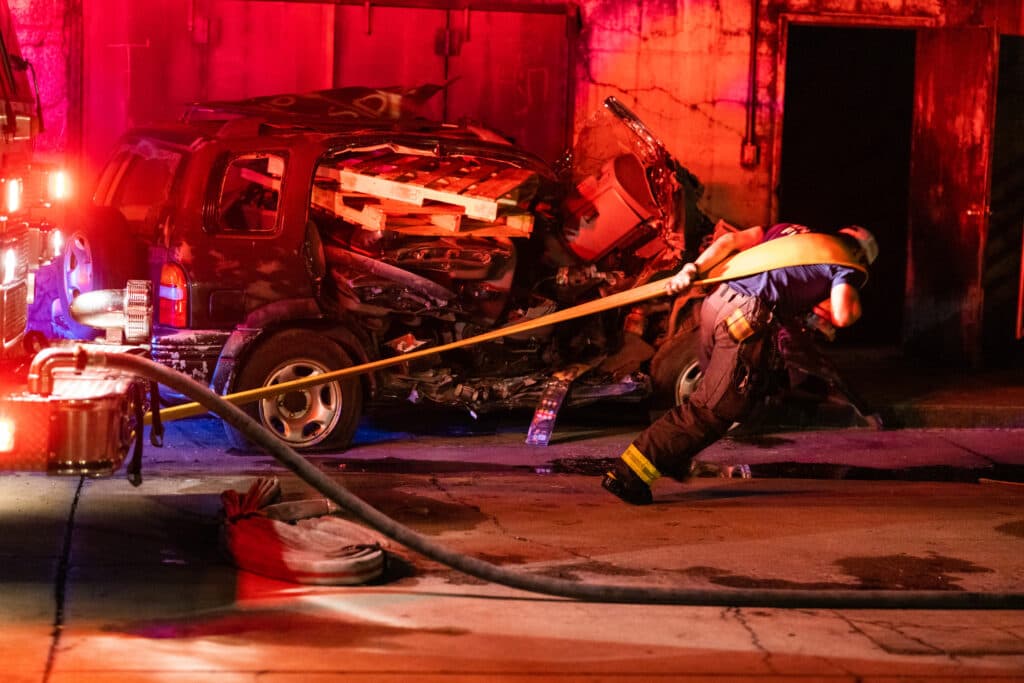
The Colorado Department of Public Health & Environment, which is in charge of the rules for EMT certification, requires applicants to provide a background check.
While a criminal history does not preclude an applicant from getting a certificate, the state reserves the right to disqualify applicants who committed a felony that “relates to the duties and responsibilities of a certificate holder including patient care and public safety.”
Denver recently changed a different requirement for firefighters
In November, Denver voters narrowly passed Referred Question 2T, which allows non-citizens to work as police and firefighters, provided they have proper work authorization.
The policy change, which originated from Denver City Council, brought the city into alignment with federal law.

